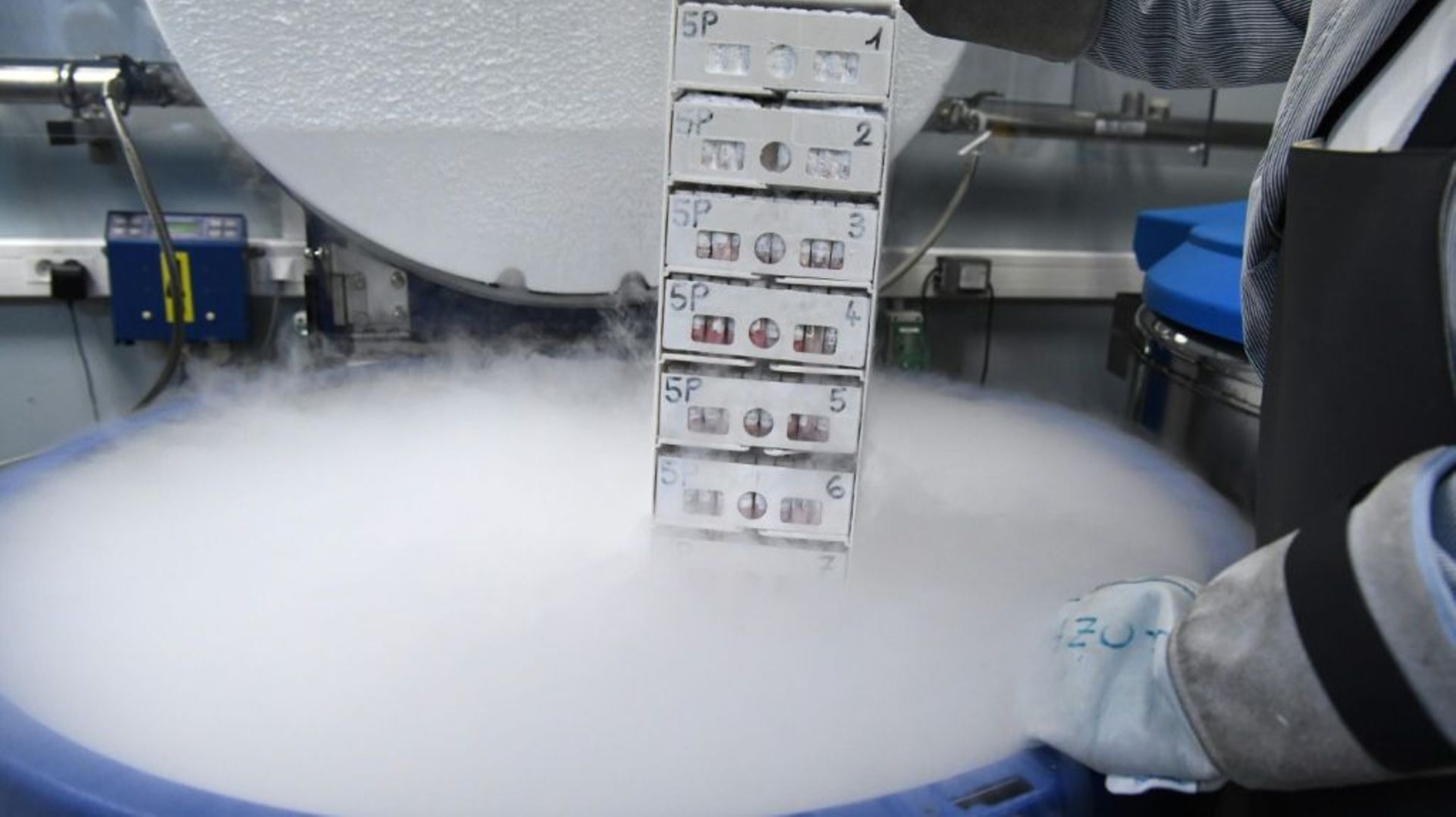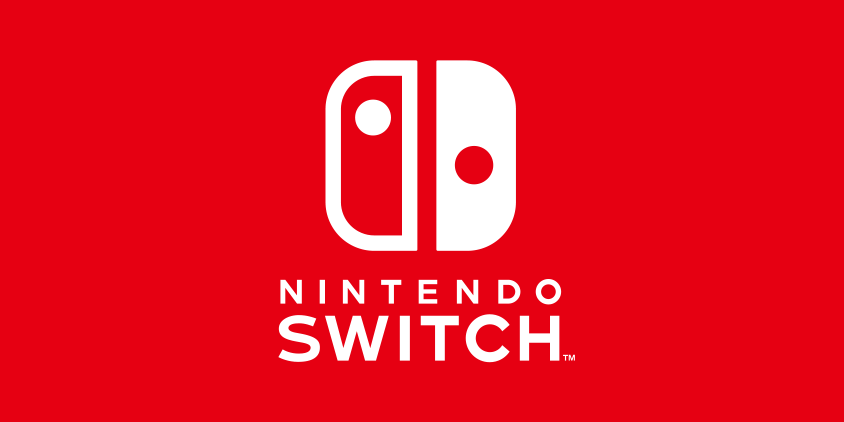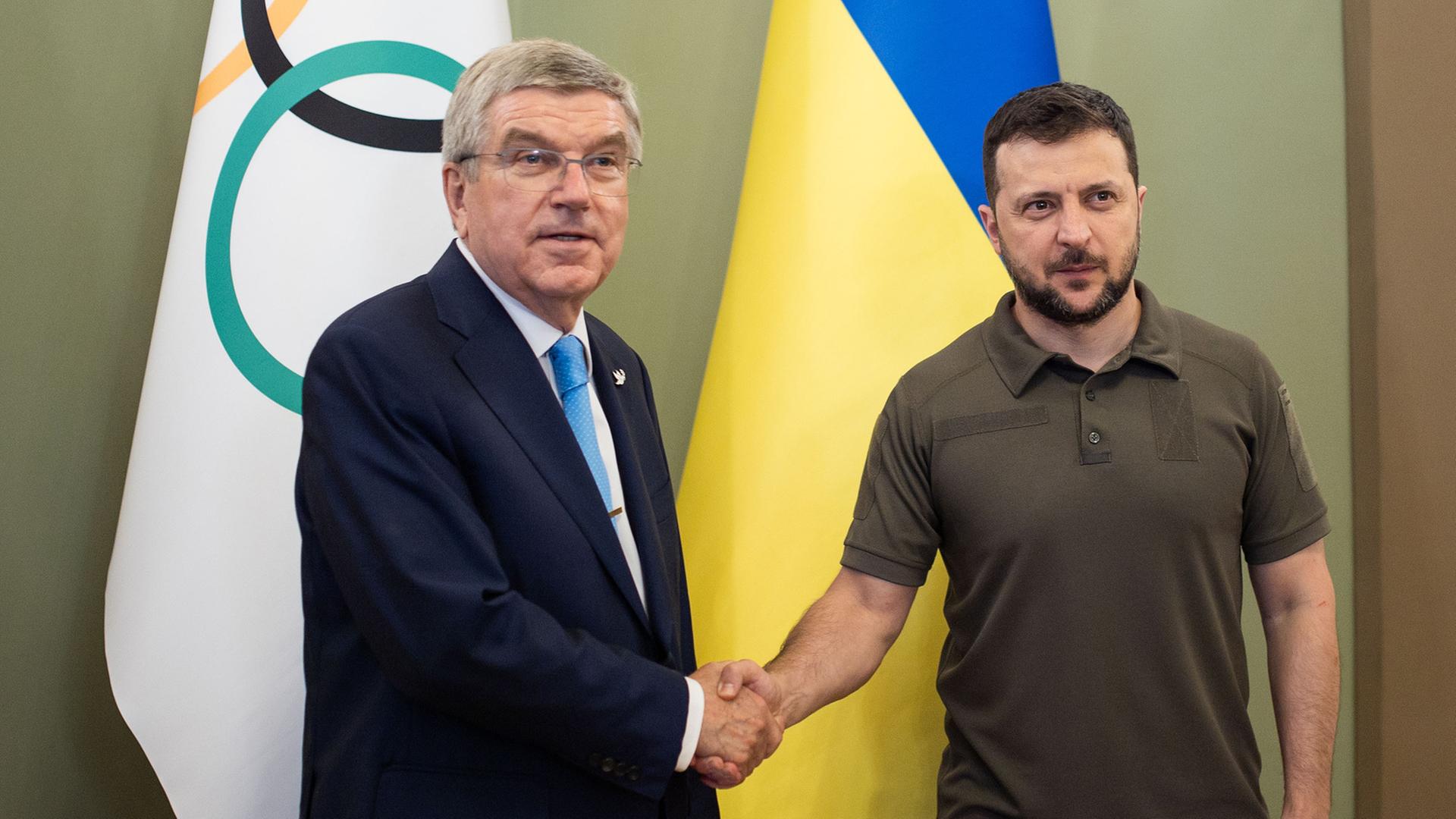Every week, Dr. Gudrun Schleiermacher takes part in a meeting of pediatric oncologists from all over France, to analyze the cancer cells of young patients. The goal: to choose, from the exact genetic profile of a cancer, the most effective treatment.
This meeting is a revolution for children who do not respond to conventional treatments, explains the pediatrician, German researcher at the Institut Curie, the first French center for the fight against cancer. Thanks to very advanced genome analysis technologies, specialists can now identify the molecular alterations of cancer cells. And refer the patient to a treatment in the clinical trial phase.
Over the past twenty years, medicine has made giant strides thanks to genomics, which is the science of the functioning of all cells, including cancer cells, at the gene level. “An exponential progression of knowledge“, describes Gudrun Schleiermacher.
In 2003, the first big step was the complete sequencing of the human genome. “If we wanted to analyze all the genes before, it was not possible. Since then, we have this resource, and high-performance machines that allow us to have a global view of all the genes“, emphasizes the oncologist. Thanks to this, “we can also see what happens in the tumor cells“.
This progress makes a huge difference in the treatment of cancer, which affects 2,500 children in France each year. Gudrun Schleiermacher works in particular on neuroblastoma, one of the most frequent pediatric cancers, with 150 young patients diagnosed in France each year.


